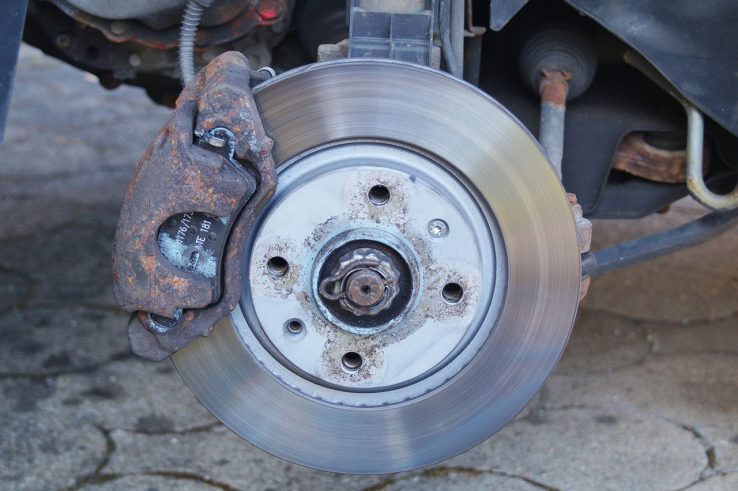Anti-lock Braking Systems (ABS) are a crucial safety feature in modern vehicles, preventing wheels from locking up during braking and helping drivers maintain control in emergencies. Central to the ABS functionality are the ABS brake sensors, which monitor wheel seeeeeepeed and relay this information to the ABS control module. When these sensors fail, it can compromise the entire braking system’s effectiveness. Understanding the causes, symptoms, and solutions for ABS brake sensor failure is essential for maintaining vehicle safety.
Causes of ABS Brake Sensor Failure
Several factors can lead to ABS brake sensor failure, including:
1. Wear and Tear: Like any mechanical component, ABS sensors can deteriorate over time. Continuous use and exposure to harsh driving conditions can wear down the sensors, leading to failure.
2. Debris and Contamination: Dirt, grime, and road debris can accumulate around the sensor area, causing damage or interference with the sensor’s ability to read wheel speed accurately.
3. Corrosion: Moisture can infiltrate the sensors and their connections, leading to rust and corrosion. This is particularly common in areas with heavy road salt use during winter.
4. Electrical Issues: Faulty wiring or poor connections can disrupt the sensor’s signal to the ABS control module. Electrical problems can stem from damaged wires, corroded connectors, or blown fuses.
5. Physical Damage: Sensors can be physically damaged by road hazards, such as rocks or debris, or during improper maintenance or repairs.
Symptoms of ABS Brake Sensor Failure
Identifying ABS sensor failure early can prevent more severe problems. Common symptoms include:
- ABS Warning Light: The most apparent sign of ABS sensor failure is the illumination of the ABS warning light on the dashboard. This light indicates that there is an issue within the ABS system that needs attention.
- Braking Issues: A malfunctioning ABS sensor can cause the brakes to behave unpredictably. Drivers may experience unusual braking responses, such as increased stopping distance or brakes locking up under normal conditions.
- Inconsistent Speedometer Readings: Since ABS sensors also relay information about wheel speed, a faulty sensor can cause erratic speedometer readings.
- Traction Control Problems: ABS sensors work in conjunction with the traction control system. If a sensor fails, it can also affect traction control, leading to reduced stability and handling.
Solutions for ABS Brake Sensor Failure
Addressing ABS brake sensor failure involves several steps:
- Diagnosis: The first step is to diagnose the issue accurately. This usually involves using a diagnostic scanner to retrieve error codes from the ABS control module. These codes can pinpoint which sensor or component is malfunctioning.
- Inspection and Cleaning: Sometimes, the issue can be resolved by cleaning the sensors and their surrounding area. Removing debris and ensuring there is no contamination can restore the sensor’s functionality.
- Repair or Replace: If cleaning doesn’t resolve the issue, the sensor or its wiring may need to be repaired or replaced. This task often requires professional expertise to ensure the correct installation and calibration.
- Regular Maintenance: Preventive maintenance is crucial for avoiding ABS sensor failure. Regularly inspecting and cleaning the sensors, especially after driving in harsh conditions, can extend their lifespan.
ABS brake sensor failure is a serious issue that can compromise vehicle safety by affecting the anti-lock braking system. Understanding the causes, recognizing the symptoms, and knowing how to address the problem is essential for maintaining a safe driving experience. Regular maintenance and prompt attention to warning signs can help ensure that the ABS functions correctly, providing the necessary support for safe and controlled braking under all conditions. By staying vigilant and proactive, drivers can protect themselves and others on the road.
If you find yourself in a spot where you need a tow – with your ABS or any other issues that could plague your vehicle, be sure to call Limitless Towing at 1-847-851-4400.




